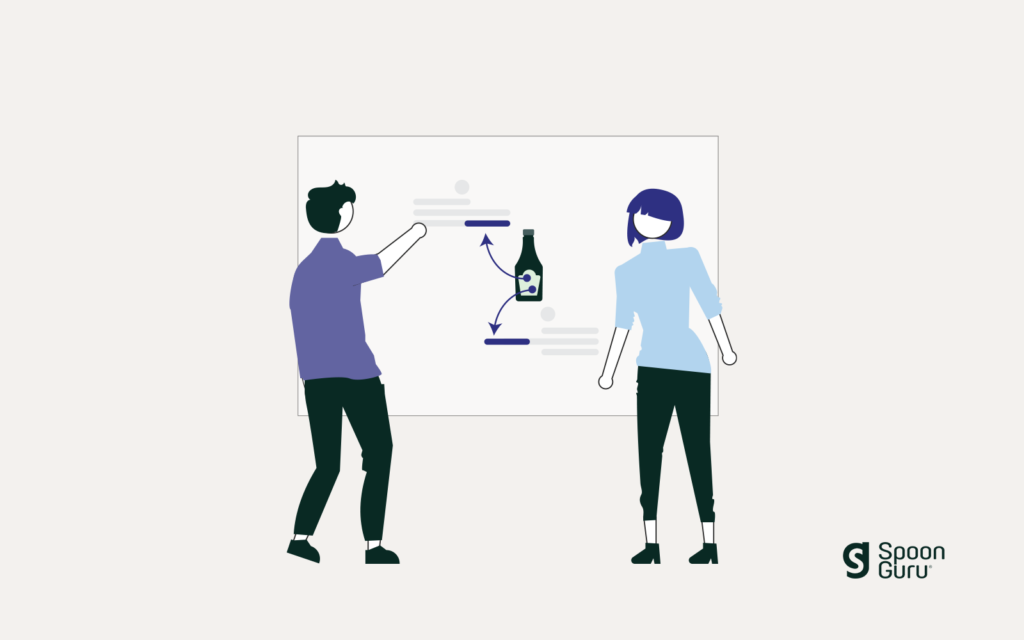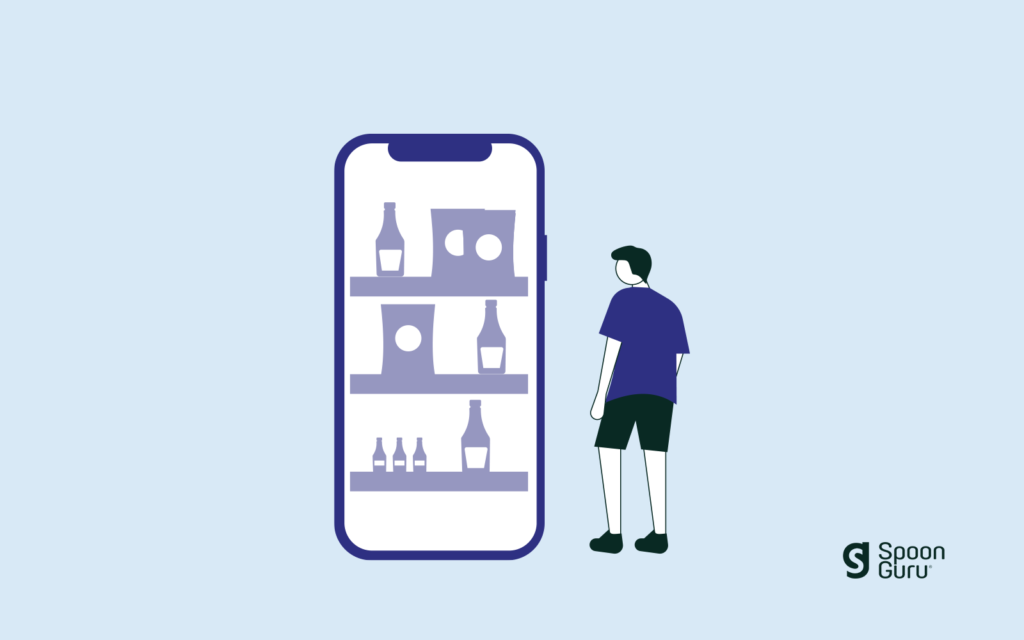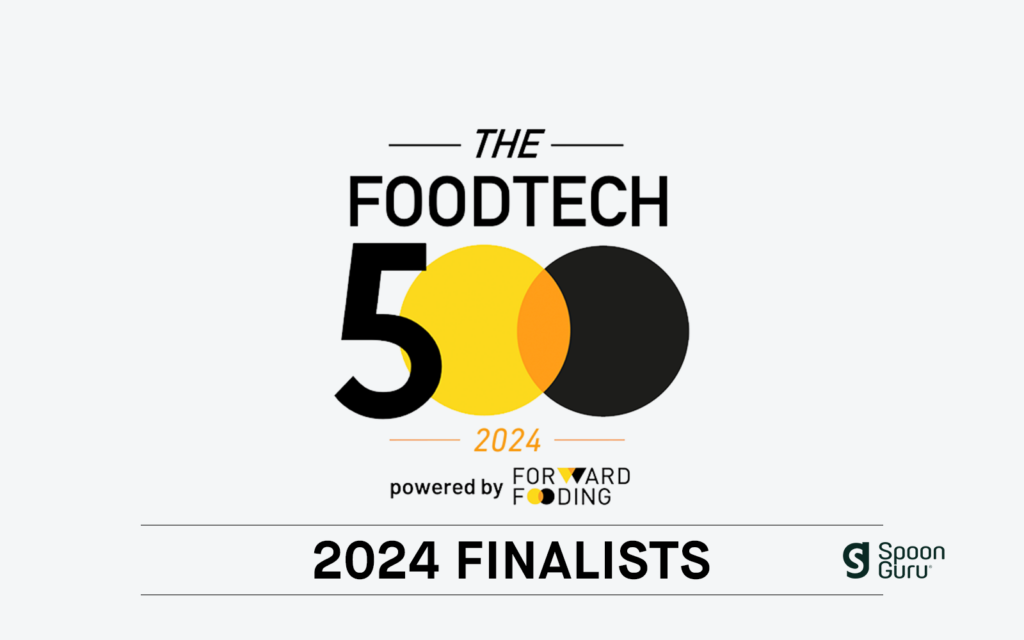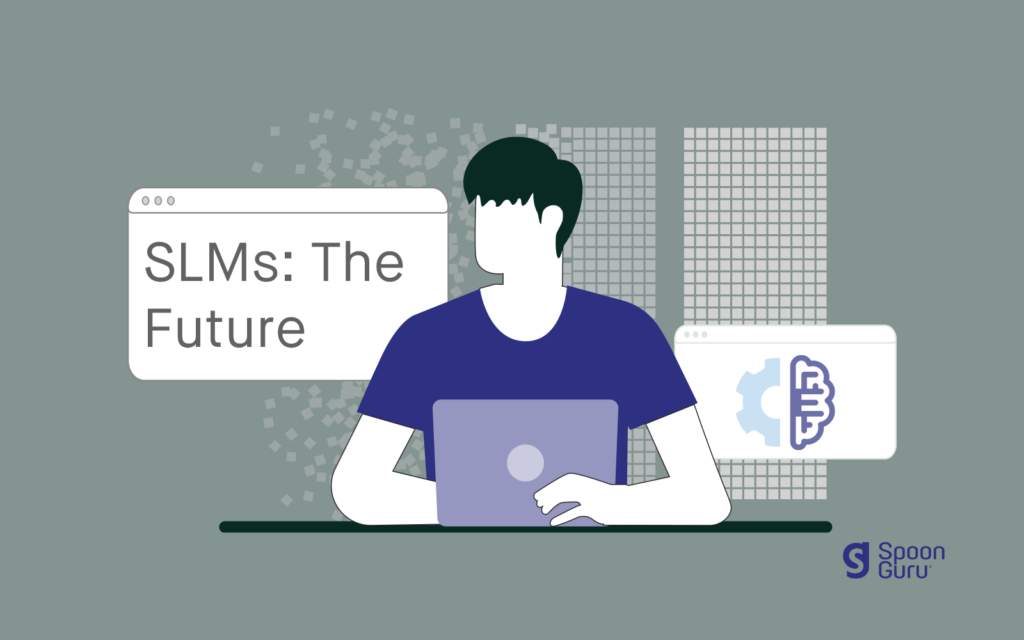Retailers are under constant pressure to diversify and emphasise their product offering through a health lens. However, differentiating “healthier” products is highly complex, requiring data-led nutrition and demanding attention from regulatory framework, nutritional guidelines, and product label knowledge.
Feature Posts
One of the most important aspects of a food retailer’s site is its search functionality. Without a robust system in place, you inhibit your customers’ ability to shop for the products they need. With the correct indexing customers can find what they’re looking for with ease.
We’re thrilled to announce that Spoon Guru has been named in the 2024 FoodTech 500 list by Forward Fooding! This prestigious recognition celebrates innovative companies at the intersection of food, technology, and sustainability. We are honoured to be among the selected entrepreneurs from over 1,420 applicants across more than 50 countries. About the FoodTech 500 […]
When it comes to food shopping online, consumers depend on precise product information to make informed choices, especially concerning dietary needs and allergies. However, inaccurate data can lead to mislabeled products and incorrect search results, adversely affecting customer experience and safety.
GLP-1 medications are not magic bullets. Their efficacy is amplified when combined with evidence-based nutritional advice and sustained behavioural changes. Without these elements, patients may not fully benefit from the metabolic and appetite-regulating advantages of GLP-1 treatments. Digital tools and credible Nutrition AI solutions have the potential to bridge the gap between patients and experts, offering scalable, personalized support that enhances the effectiveness of GLP-1 treatments.
Announcing the launch of Spoon Guru’s innovative Nutrition Intelligence app for grocery retailers on Google Cloud Marketplace. This will enable us to better deliver unique solutions, at scale, to more retail clients.
Announcing the launch of Spoon Guru’s innovative Nutrition Intelligence app for grocery retailers on Google Cloud Marketplace. This will enable us to better deliver unique solutions, at scale, to more retail clients.
Incorporating an AI-based Nutrition Data component to your existing technology stack might seem like a daunting task, but it doesn’t have to be. Here’s why the easiest solution is to partner with a specialized technology provider like us, and gain immediate access to cutting-edge solutions without the hassle of in-house development.
What does the future of AI assistance in food and nutrition look like? Our CTO explores the potential of Small Language Models (SLMs) to help us navigate dietary choices, combat food waste, and vigilantly monitor our health in this final instalment of our AI series.








